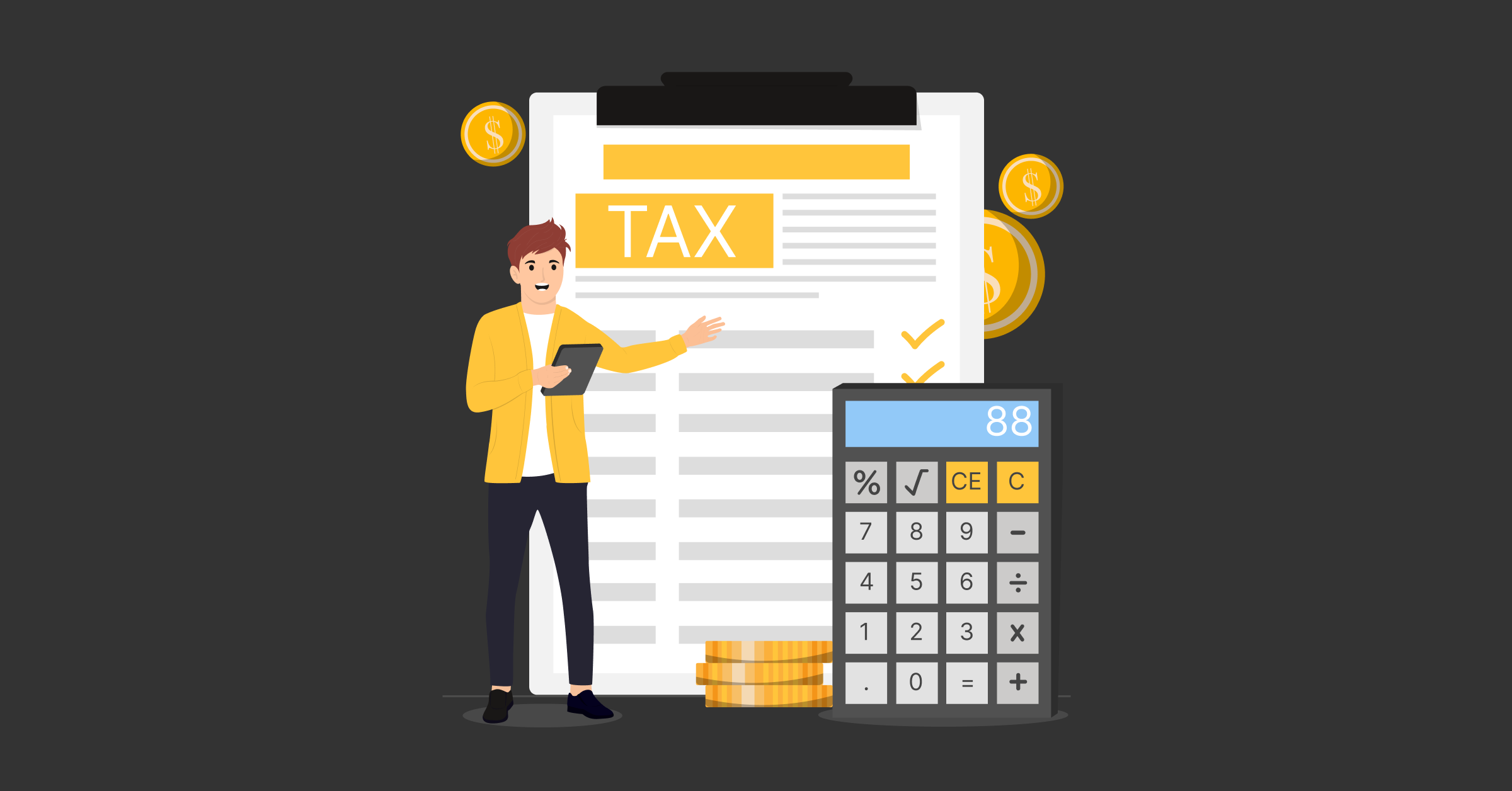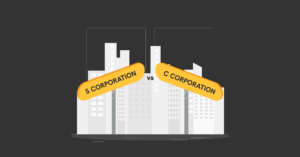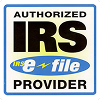Business tax deductions are essential for entrepreneurs looking to enhance their financial health. This guide will provide key insights into business tax deductions, covering various categories and specific deductions applicable to LLCs and corporations. Regardless of whether you are a seasoned business owner or just starting out, this information will enable you to effectively leverage tax deductions to maximize your savings.
As tax season approaches, it’s crucial to know how to write off business expenses to reduce your taxable income. In this guide, we will offer practical tips to help you optimize these deductions and strengthen your financial position. By the end, you will recognize the vital role of tax deductions in boosting your profits, empowering you to take control of your financial future with confidence.
Understanding Business Tax Deductions
Business tax deductions are essential for managing expenses. They allow businesses to subtract costs from their revenue, resulting in lower taxable income and reduced tax liability. This practice is crucial for maintaining a healthy cash flow and improving profitability.
To make the most of business tax deductions, it’s important to understand IRS guidelines. The IRS specifies that deductible expenses must be both ordinary and necessary. An ordinary expense is typical within the industry, while a necessary expense is one that is beneficial for business operations.
Grasping the concept of these deductions not only helps save on taxes but also aids in better financial management. Knowledge of deductions allows business owners to anticipate future costs, aiding in budgeting and forecasting. This strategic insight supports reinvestment in business growth and sustainability.
Common deductible expenses include employee wages, office supplies, and business travel. Properly categorizing these expenses can maximize your deductions. Additionally, meticulous record-keeping is vital for substantiating claims to the IRS.
In the following section, we will delve into various categories of business tax deductions. This knowledge will enhance your understanding and optimize your overall tax strategy.
Categories of Business Tax Deductions
Understanding the various categories of business tax deductions is crucial for maximizing your business benefits. The IRS classifies deductions into specific categories, each with unique regulations. By familiarizing yourself with these categories, you can identify legitimate expenses that will reduce your taxable income.
One significant category is vehicle expenses, which include costs related to using vehicles for business purposes. Business owners can choose to deduct expenses using the standard mileage rate or actual vehicle expenses. For the upcoming tax years, the standard mileage deduction is set at 65.5 cents per mile, simplifying the process of calculating deductions based on the miles driven for business.
Another important category is home office deductions, particularly relevant for individuals working remotely. This deduction can encompass expenses such as utilities, internet fees, and home depreciation, proportionate to the area of the home utilized for business. To qualify, it is essential to adhere to the IRS guidelines, ensuring that the designated area is used regularly and exclusively for business activities.
Employee wages represent another vital area for business tax deductions. Businesses can fully deduct wages paid to their employees, which helps reduce their overall tax liability. Additional deductions can be claimed for employee benefits, including health insurance and retirement contributions. This practice not only lowers taxable profits but also enhances overall employee satisfaction.
To avoid tax complications, it is crucial for business owners to effectively separate personal and business expenses. The IRS permits deductions solely for expenses that are directly linked to business operations. Maintaining meticulous records and detailed logs can assist in drawing this line and substantiating claims where necessary.
In the following sections, we will explore more specific business tax deductions, empowering owners to refine their tax strategies and achieve better financial outcomes.
Common Business Tax Deductions
Understanding business tax deductions is crucial for enhancing your financial health. By claiming these deductions, you can lower your taxable income and improve your overall tax strategy.
One key area for deductions is office supplies, where small businesses can deduct expenses for necessary items like pens and paper. Advertising costs are also deductible; this includes expenses for social media and print ads, which significantly boost your visibility in the digital marketplace.
Legal and professional fees present another important opportunity for deductions. Payments made to accountants, attorneys, and consultants are fully deductible as long as they directly relate to your business operations. These expenses not only help ensure compliance but also support your strategic goals.
Additionally, businesses can deduct travel expenses incurred during business trips. This includes transportation, lodging, and meals. For remote workers, home office deductions allow for the deduction of a portion of your mortgage interest, rent, utilities, and maintenance costs associated with your home office.
To successfully claim business tax deductions, it’s essential to maintain accurate records. The IRS requires documentation, such as receipts and invoices, to support your claims. Poor record-keeping can lead to denied deductions in audits and may result in penalties. Therefore, a well-organized accounting system is vital not just for tax season but also for effective business management.
Moreover, businesses structured as LLCs or corporations may qualify for specific deductions that are not available to sole proprietorships. Understanding these distinctions allows business owners to optimize their tax strategies and take full advantage of available benefits.
Specific Deductions for LLCs and Corporations
Business tax deductions play a crucial role in lowering taxable income for LLCs and corporations. Understanding these deductions is vital for enhancing tax efficiency and ensuring compliance with tax laws.
Health insurance expenses represent a significant deduction for both LLCs and corporations. These expenses include premiums for employees and their dependents, which can be deducted as business expenses. Additionally, self-employed individuals can deduct their health insurance costs on personal tax returns, providing a dual benefit.
Vehicle expenses also offer substantial opportunities for business tax deductions. Companies may choose to deduct either actual expenses or utilize the standard mileage rate of 65.5 cents per mile for business-related travel. This standard rate applies only to vehicles used solely for business purposes. Furthermore, businesses can include related costs such as maintenance, repairs, and fuel, emphasizing the importance of accurate record-keeping.
Charitable contributions serve as another beneficial deduction, positively impacting both society and your tax obligations. Corporations can deduct donations to qualified organizations, limited to 10% of their taxable income for the year. Not only does this foster goodwill, but it also constitutes a strategic approach to tax planning.
The choice of business structure affects tax efficiency significantly. While LLCs offer flexible tax treatment options, including pass-through taxation that may reduce overall rates, corporations often contend with double taxation. However, they can leverage various deductions to mitigate this tax burden.
To fully maximize business tax deductions, it is essential for business owners to maintain accurate records and actively seek eligible write-offs. Understanding the tax implications of different business structures will aid in achieving optimal tax efficiency.
In the next section, we will explore how to effectively write off business expenses to enhance your deductions.
Business Tax Deductions
Minimizing your tax bill hinges on effectively utilizing business tax deductions. Understanding how to categorize and report expenses is essential for all business owners. Here’s a straightforward guide to help you.
Begin by accurately categorizing your expenses. Major categories often include operating costs, goods sold, salaries, and marketing. Ensure that each expense directly relates to your business, as this is necessary to qualify for a deduction. Maintaining this organization not only simplifies tax season but also provides a clearer picture of your finances.
Sole proprietors should utilize Schedule C when reporting income, costs, and deductions. This form is crucial for claiming deductions on home office use, vehicle expenses, and other essential costs. By detailing these elements, Schedule C reveals your business’s net profit and clarifies your earnings to the IRS.
It’s important to maintain detailed records of all business expenses, including receipts, invoices, and bank statements. This documentation is vital during audits and will support your deduction claims effectively.
While tax preparation can be challenging, enlisting professional services such as x.tax can simplify the process. Experts ensure that you maximize your deductions while remaining compliant with IRS regulations.
Finally, let’s explore ways to maximize your business tax deductions. Every dollar saved not only boosts your profits but also reinforces the importance of strategizing your deductions for greater savings at tax time.
Tips for Maximizing Tax Deductions
To maximize business tax deductions, it is essential to take proactive steps that can lower your taxable income and enhance your financial health. Understanding what expenses are deductible and employing strategies to optimize these deductions is crucial for every business owner.
First, maintaining thorough records is vital. The IRS requires proof for all deductions, so it’s important to keep receipts, invoices, and supporting documents for each claim. Utilizing accounting software can help simplify this process by effectively tracking your expenses and reinforcing your claims.
Next, consulting with tax professionals can provide tailored advice based on the unique needs of your business. Given the complexity and frequency of changes in tax laws, experts can help identify deductions you might overlook and refine your overall tax strategy.
Additionally, timing your purchases before the tax year ends can be beneficial. By investing in necessary equipment or supplies, you can claim deductions sooner, leading to potential substantial savings.
Finally, actively seek out all potential deductible expenses. Often, business owners miss deductions related to travel, meals, home office use, and education. Regularly reviewing IRS guidelines can uncover new opportunities that enhance your bottom line.
By focusing on diligent record keeping, seeking expert advice, timing your purchases effectively, and staying informed about available deductions, you can maximize your business tax deductions and lay a solid foundation for future success.
The Importance of Business Tax Deductions
Business tax deductions play a crucial role for owners by lowering taxable income and reducing tax payments. By effectively utilizing these deductions, business owners can save money, allowing them to allocate more funds toward growth and operational needs.
Regularly reviewing available deductions is essential, as many owners overlook significant savings opportunities that can lower their tax bills. Staying informed about tax laws helps maximize these benefits. Common deductible expenses include office supplies, utilities, and certain travel costs, highlighting the need to understand what deductions are eligible each year.
Services like x.tax can streamline tax preparation, making it easier to navigate complex regulations. Professional assistance ensures that all eligible deductions are claimed, leading to accurate and advantageous filings.
By taking a proactive approach to business tax deductions, owners can better manage their finances, ensure compliance, and support overall business growth.
Conclusion
Understanding business tax deductions is essential for enhancing your company’s financial health. We have explored various categories of deductions, covering everything from everyday expenses like office supplies to unique deductions applicable to LLCs and corporations. By accurately writing off these business expenses and identifying strategies to maximize tax savings, you can significantly boost your profitability.
Now that you have insights from this guide on business tax deductions, it’s time to take action. Review your expenses meticulously and consult with a tax professional to ensure you claim all eligible deductions. Taking full advantage of available deductions can make a substantial difference in your company’s financial performance.
Embrace the management of your business tax deductions today. This proactive approach is critical for achieving lasting financial stability and fostering growth.
About X.TAX
x.tax offers a streamlined platform for business tax filing, providing efficient services for partnerships, S corporations, C corporations, and estates & trusts.
In a fast-paced business world, our platform simplifies tax return processes, saving time and reducing complexity for small to medium-sized business entities and professionals alike. Start your efficient tax preparation today with x.tax!









